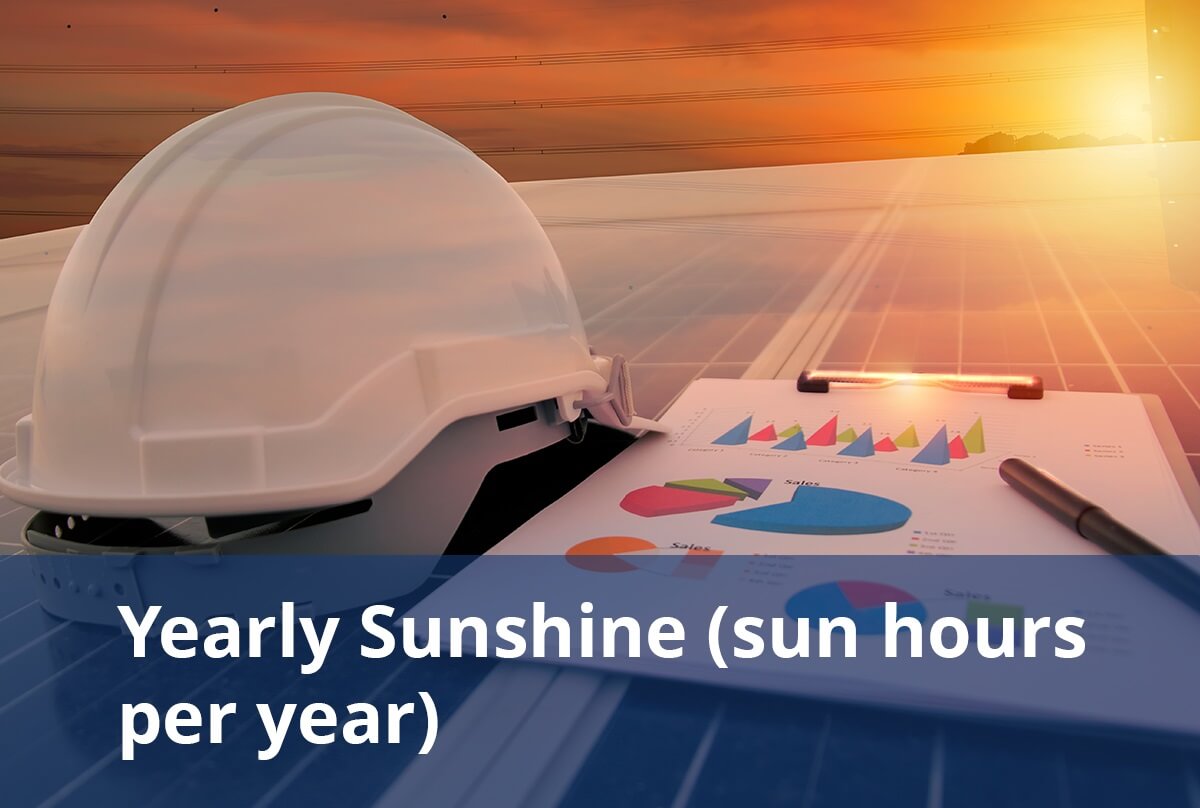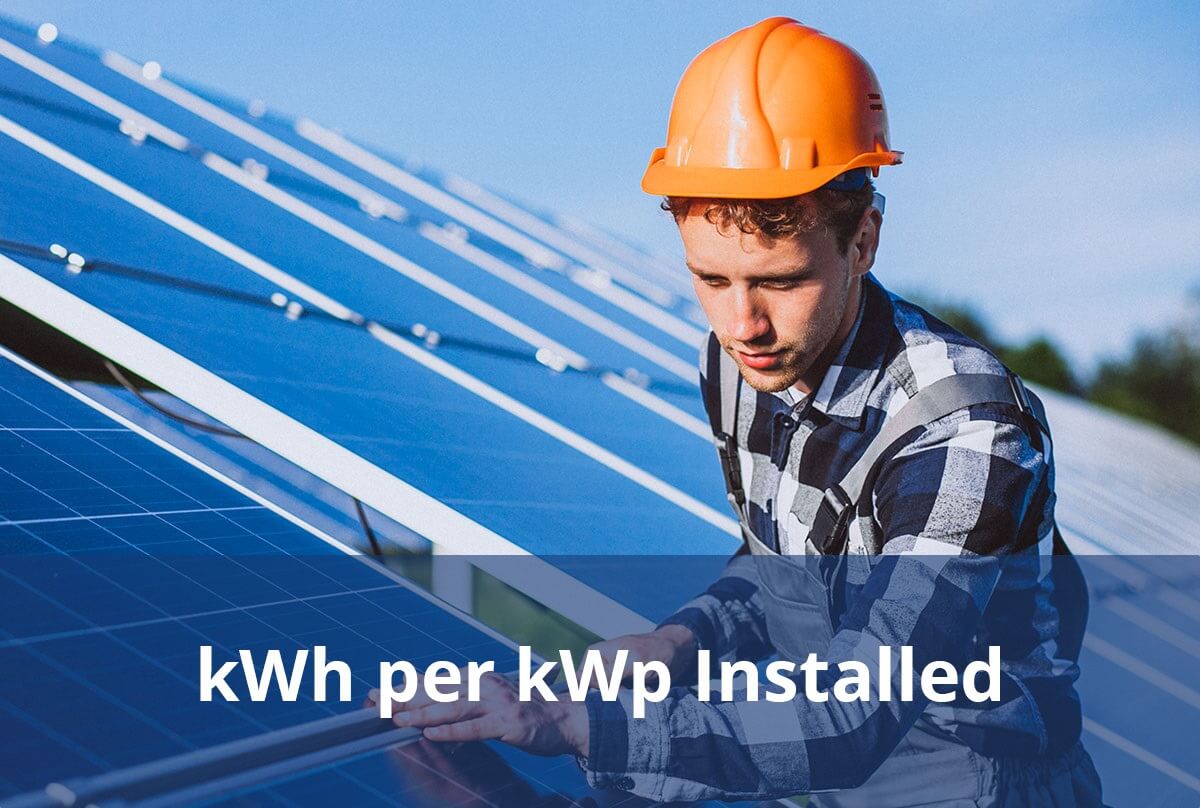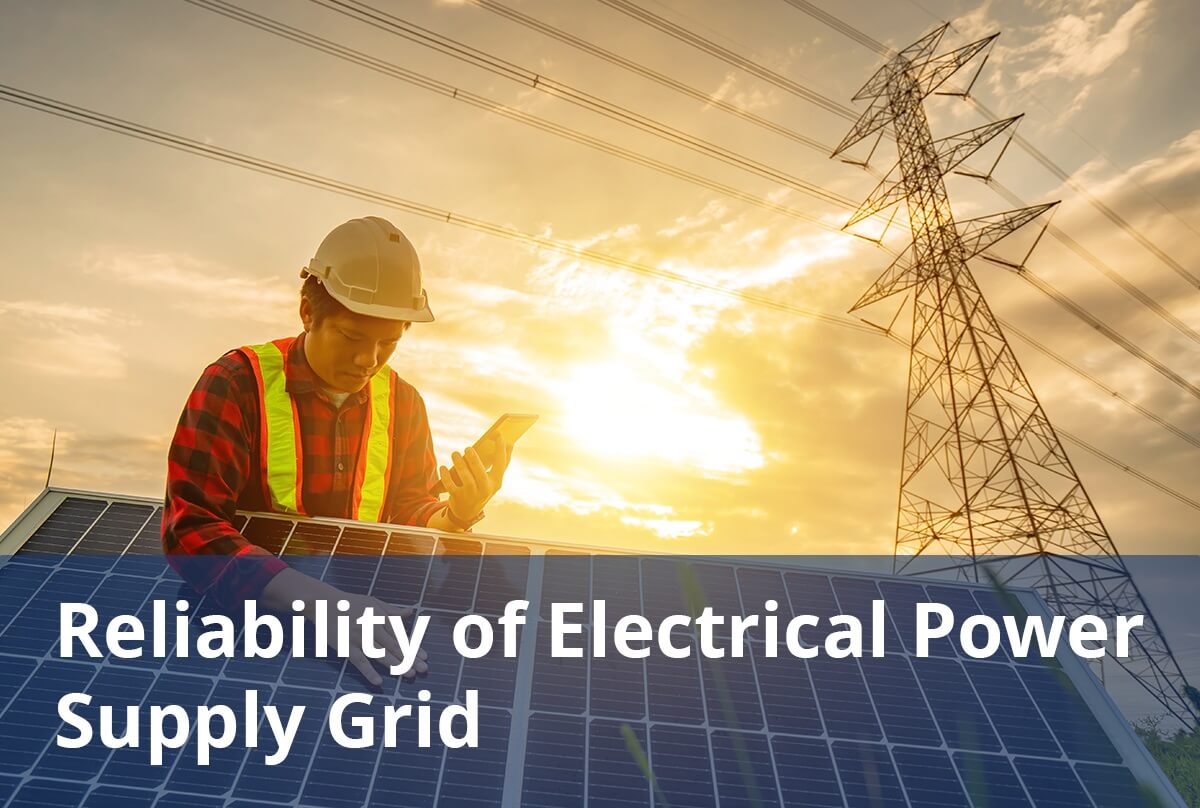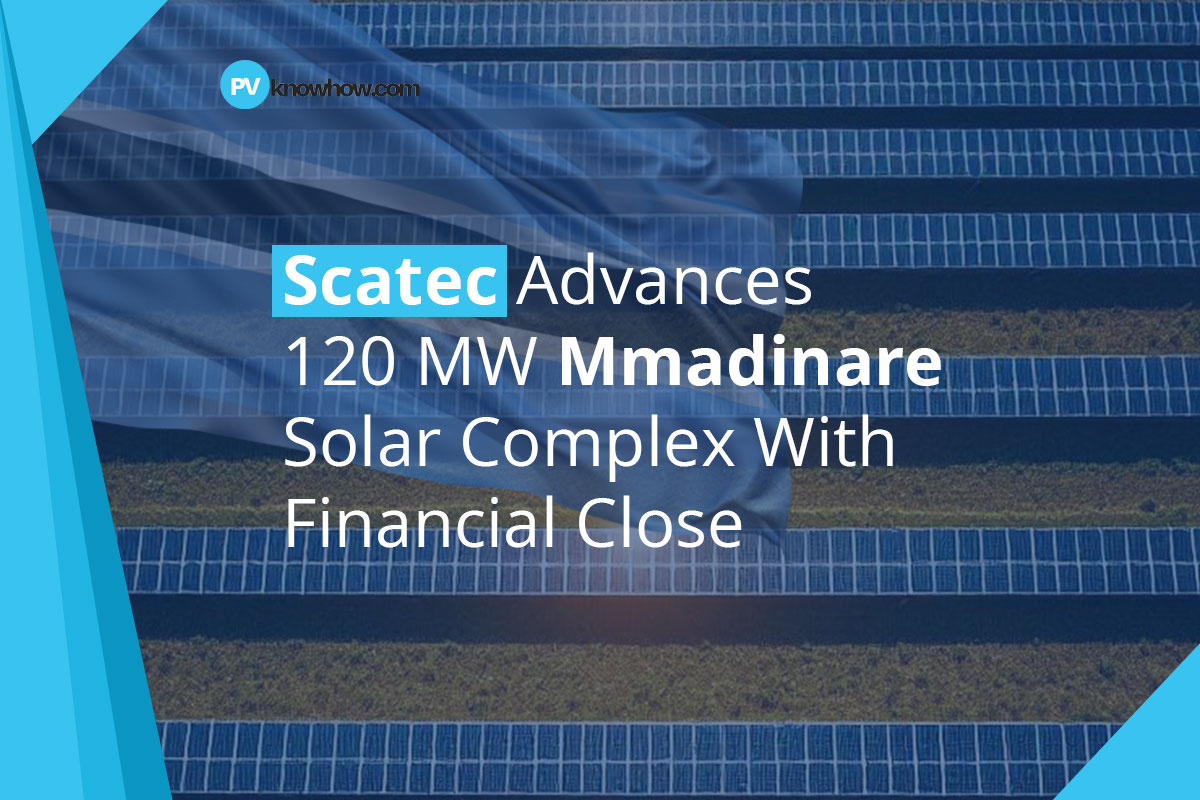Discover comprehensive insights into the statistics, market trends, and growth potential surrounding the solar panel manufacturing industry in Botswana
- Botswana hub, retrieved august 10, 2024. https://botswanahub.com/how-many-hours-of-sunlight-per-day-in-botswana/
- Enery profile botswana, (irena), retrieved august 10,2024. https://www.irena.org/-/media/Files/IRENA/Agency/Statistics/Statistical_Profiles/Africa/Botswana_Africa_RE_SP.pdf
- Botswana electricity prices, retrieved august 10,2024. https://www.globalpetrolprices.com/Botswana/electricity_prices/
- Botswana energy regulation authority (BERA), retrieved August 10, 2024. https://www.bera.co.bw/electricity.php
- IRENA, Retrieved September 22nd, 2024. https://www.irena.org/-/media/Files/IRENA/Agency/Publication/2024/Jul/IRENA_Renewable_Energy_Statistics_2024.pdf
- Technical-economic evaluation of solar photovoltaic development in Botswana, retrieved August 10, 2024. https://www.mase.gov.it/sites/default/files/archivio/allegati/sviluppo_sostenibile/PV_potential_Botswana_final.pdf
- ELECTRICITY GENERATION STATS BRIEF, retrieved August 10, 2024. https://www.statsbots.org.bw/sites/default/files/publications/Electricity%20Generation%20%20Distribution%20Q3%202021.pdf
- Energy profile botswana, (irena), retrieved August 10,2024 https://www.irena.org/-/media/Files/IRENA/Agency/Statistics/Statistical_Profiles/Africa/Botswana_Africa_RE_SP.pdf
- Energy profile botswana, (irena), retrieved August 10,2024 https://www.irena.org/-/media/Files/IRENA/Agency/Statistics/Statistical_Profiles/Africa/Botswana_Africa_RE_SP.pdf
- SolarQuarter, Retrieved August 10,2024. https://solarquarter.com/2023/02/13/botswana-power-corporation-launches-tender-for-seven-solar-pv-projects/
- SolarQuarters, Retrieved August 10,2024. https://solarquarter.com/2023/02/13/botswana-power-corporation-launches-tender-for-seven-solar-pv-projects/
- Offgrid solar market trends, Retrieved August 1o,2024. https://www.gogla.org/wp-content/uploads/2023/04/executive_summary_report_2022.pdf
- Botswana reneaweable energy, Retrieved August 10,2024. https://www.mordorintelligence.com/industry-reports/botswana-renewable-energy-market
- Average salary survey, Retrieved August 10,2024. https://www.averagesalarysurvey.com/botswana
- Worldometer, Retrieved August 10,2024. https://www.worldometers.info/world-population/botswana-population/
- PV Magazine. Retrieved July 18,2024. https://www.pv-magazine.com/2023/05/08/botswana-set-to-host-30-mw-of-solar-with-lcoe-of-0-08-0-10-kwh/
- Technical-economic evaluation of solar photovoltaic development in Botswana Retrieved July 18,2024. https://www.mase.gov.it/sites/default/files/archivio/allegati/sviluppo_sostenibile/PV_potential_Botswana_final.pdf
- SEEFF Botswana. Retrieved July 18,2024. https://www.seeff.co.bw/results/industrial/to-let/
- Botswana country commercial guide, Retrieved August 10,2024. https://www.trade.gov/country-commercial-guides/botswana-energy
- Botswana renewables readiness assessmentrt. Retrieved July 18,2024. https://www.irena.org/-/media/Files/IRENA/Agency/Publication/2021/Aug/IRENA_RRA_Botswana_2021.pdf
- South Africa Power Pool. Retrieved July 10,2024. https://www.sapp.co.zw/
- Botswana energy master plan. Retrieved July 10,2024. https://www.iea.org/policies/4856-botswana-energy-master-plan
- Botswana ministry of minerals and energy. Retrieved July 18,2024. https://www.gov.bw/ministries/ministry-minerals-and-energy
- Roof top solar guidance, Retrieved July 10,2024. https://www.bera.co.bw/downloads/Electricity/ROOFTOP%20SOLAR%20GUIDELINES%20-%20FINAL.pdf
- Botswana roof top solar guidelines. Retrieved July 18,2024. https://www.bera.co.bw/downloads/Electricity/ROOFTOP%20SOLAR%20GUIDELINES%20-%20FINAL.pdf
- Renewables readiness assessment. Retrieved July 18,2024. https://www.irena.org/publications/2021/Aug/Renewables-Readiness-Assessment-Botswana
- Country solar sector initiatives, Retrieved August 10,2024. https://solar.org.bw/initiatives/
- Your Botswana. Retrieved July 18,2024. https://yourbotswana.com/2024/04/12/construction-starts-at-120-mw-solar-plant-in-botswana/
- PV magazine energy stoage. Retrieved July 18,2024. https://www.pv-magazine.com/2024/08/15/botswana-signs-contract-for-100-mw-solar-plant/
- Esi Africa, Retrieved August 10,2024. https://www.esi-africa.com/renewable-energy/solar/botswana-first-of-its-kind-solar-energy-project-breaks-ground/
- Solar energy companies in botswana, Retrieved August 10,2024. https://www.localbotswana.com/category/Solar_energy#google_vignette
- Sutsol Hitech, Retrieved July 10,2024. https://www.localbotswana.com/company/14879/Sutsol_Hitech_Solutions
- Grindtech, Retrieved July 10,2024. https://www.grindtech.com/
- SegenSolar, Retrieved July 10,2024. https://segensolar.co.za/about-us/











